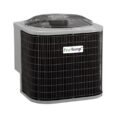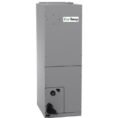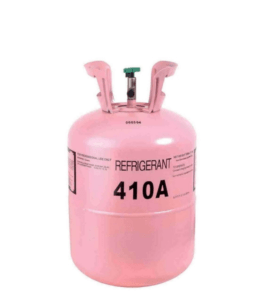The Comprehensive Guide to Wholesale HVAC Systems
Understanding Wholesale HVAC Systems
Wholesale HVAC systems refer to a business model where heating, ventilation, and air conditioning units are sold in bulk to contractors, businesses, and authorized dealers at reduced prices. Unlike retail sales, which typically target individual consumers, wholesale transactions focus on providing products directly to the professionals who install and maintain these systems. This method creates a significant cost advantage, allowing contractors to purchase high-quality equipment without the premium markup associated with retail prices.
Typically, wholesale HVAC systems encompass a variety of components, including central air conditioning units, heat pumps, furnaces, and air handling units. These systems may also come with essential accessories, such as thermostats, ductwork, and filters, which are integral for the functioning and efficiency of HVAC installations. Understanding the components involved is crucial for professionals in the industry, as it allows them to provide better service to their clients and make informed decisions regarding system selection.
One of the key differences between wholesale and retail HVAC sales is the scale of operation. Wholesale suppliers generally specialize in distributing large quantities of equipment, often directly from manufacturers. They can negotiate better pricing due to volume purchases, which enables them to pass on savings to their customers. Moreover, wholesale suppliers frequently maintain extensive inventories and have direct access to various brands, making it easier for contractors to source the necessary products rapidly.
Purchasing HVAC systems in bulk presents several advantages for contractors and businesses. Beyond cost savings, it allows for better inventory management and ensures a ready supply for projects. Contractors can also benefit from building strong relationships with wholesale suppliers, which can lead to favorable terms, exclusive deals, and priority delivery. Ultimately, understanding wholesale HVAC systems is essential for industry professionals aiming to optimize their operations and enhance their service offerings.
Benefits and Considerations of Buying Wholesale HVAC Systems
Purchasing wholesale HVAC systems offers several notable advantages that can significantly benefit both contractors and business owners. One of the primary benefits is reduced costs. By obtaining equipment in bulk from wholesalers, purchasers often gain access to lower prices compared to retail sources. This cost efficiency allows buyers to allocate their budget towards other vital project aspects, such as installation or maintenance, making wholesale purchasing an attractive option for cost-conscious entities.
Another advantage is the broader selection of equipment that wholesale suppliers typically offer. Buyers can access various brands, models, and types of HVAC systems, which may not be available through conventional retail channels. This extensive inventory allows businesses and contractors to find the perfect match for their specific needs, whether they are seeking commercial-grade units or specialized heating and cooling solutions.
Furthermore, wholesale distributors often provide professional-grade products that are not generally available to consumers. These products may feature enhanced durability, efficiency, and advanced technology, which can translate to better energy savings and performance over time. Access to such high-quality merchandise positions buyers to meet and exceed client expectations effectively.
However, while there are many benefits, key considerations must also be addressed when purchasing wholesale HVAC systems. Selecting a reputable supplier is paramount, as the reliability and quality of products can significantly vary across distributors. It’s crucial to research potential suppliers, checking their track record, customer reviews, and product warranties.
Additionally, understanding warranty and service options is essential. Buyers should confirm what protections are available, as these can vary significantly in the wholesale market. Proper installation and maintenance support are also vital; ensuring that skilled professionals handle the installation can prevent future complications and maintain system longevity.
Potential challenges exist, such as minimum order requirements and shipping logistics, which may complicate the purchasing process. Proper planning is critical to align purchases with project timelines, ensuring that equipment arrives on schedule and meets specific project demands.

















